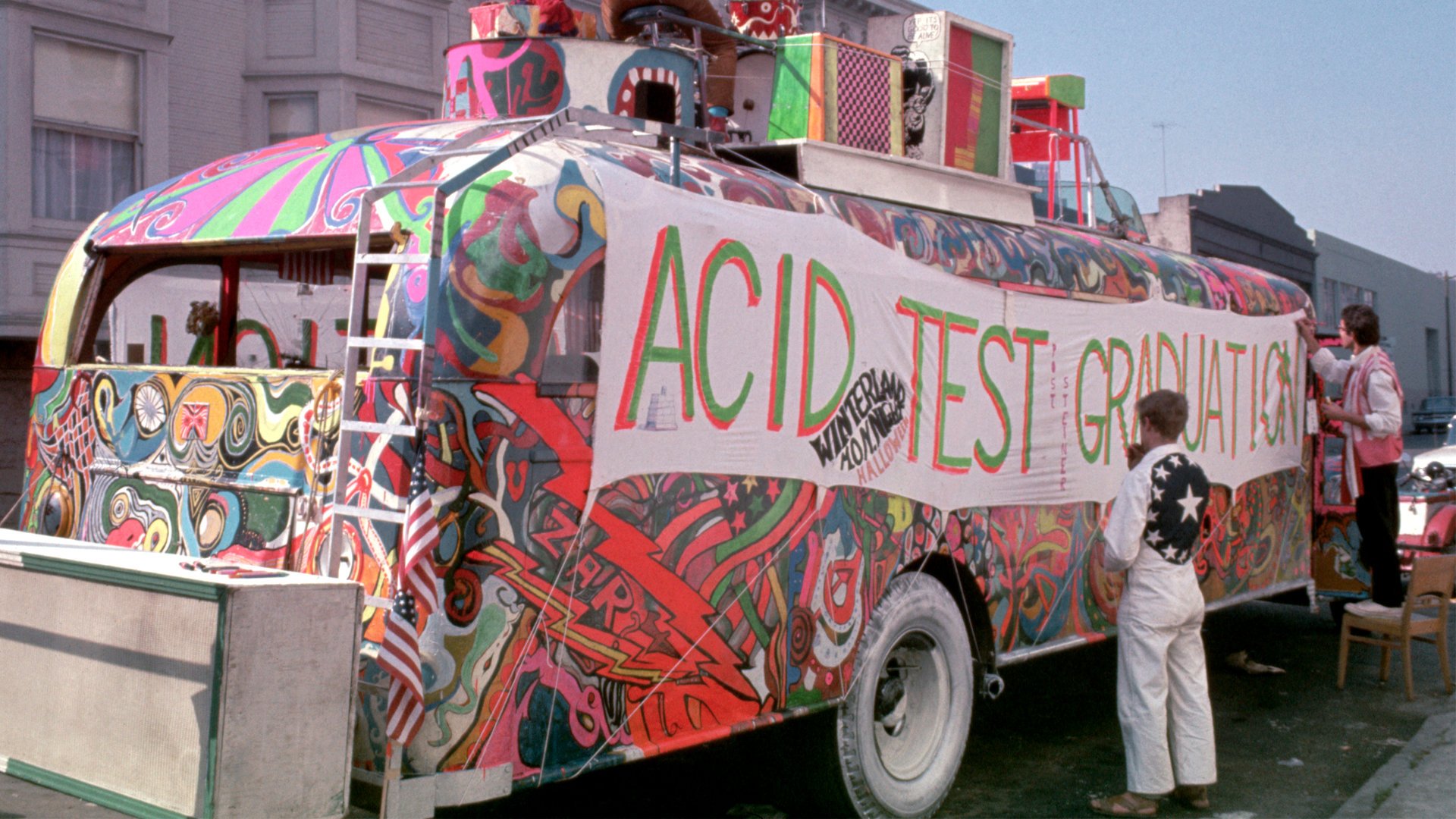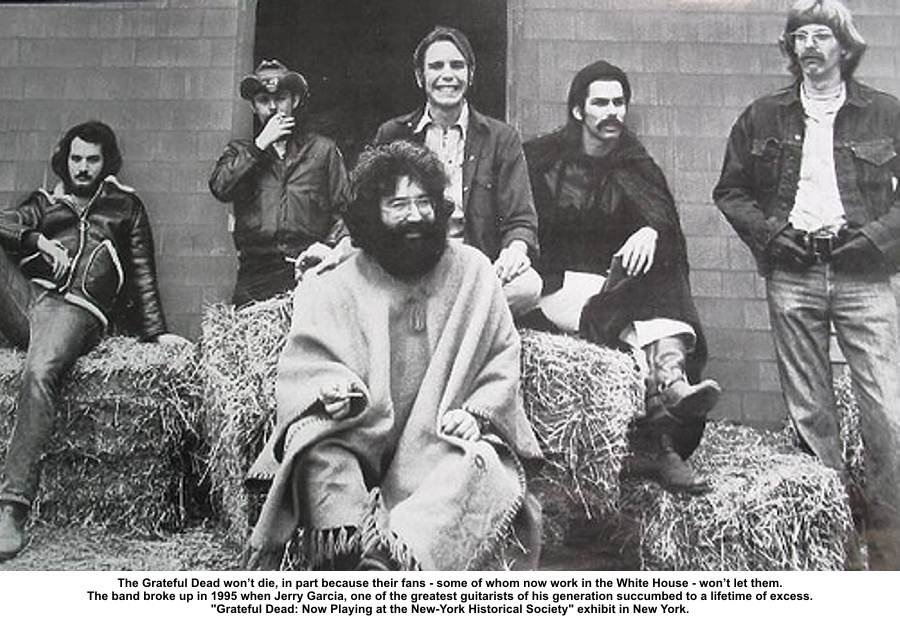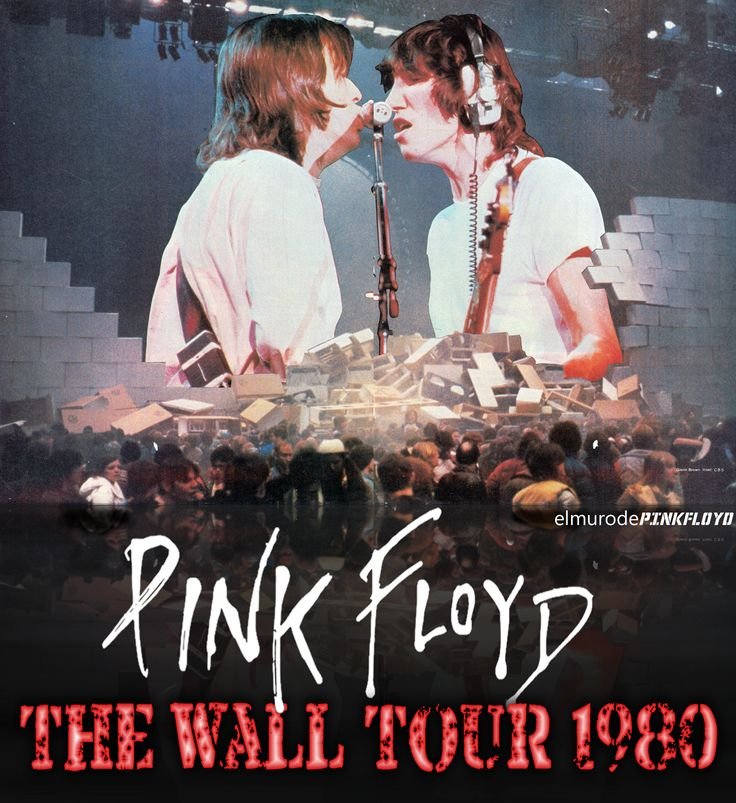How Psychedelia Shaped Music
The history of psychedelia and its profound influence on music is a complex tapestry that weaves together cultural, social, and technological threads from the mid-20th century to the present day. Psychedelic music, characterized by its experimental sounds, innovative recording techniques, and lyrical references to psychedelic experiences, emerged as a genre that pushed the boundaries of what music could be. This movement was not just about music; it was a cultural phenomenon that mirrored the changing attitudes towards consciousness, spirituality, and society.
The Origins of Psychedelia: The 1960s
The roots of psychedelia can be traced back to the early 1960s, a period marked by significant social and cultural shifts. The use of psychedelic drugs like LSD (lysergic acid diethylamide) and psilocybin mushrooms began to spread among the youth, artists, and intellectuals, fostering a culture that sought to explore the depths of human consciousness and perception. This exploration was not limited to personal experiences but extended into the realms of art and music, leading to the birth of psychedelic music.
In the United States, particularly in San Francisco, bands like Jefferson Airplane, The Grateful Dead, and Janis Joplin began to cultivate a new sound that incorporated extended improvisations, non-Western musical scales, and innovative studio effects. These elements combined to create a sonic representation of the psychedelic experience. The 1967 Summer of Love, centered in San Francisco's Haight-Ashbury district, marked the zenith of this movement, drawing thousands of people into the psychedelic lifestyle and music.
Across the Atlantic, the British music scene was undergoing its own psychedelic revolution. The Beatles' "Sgt. Pepper's Lonely Hearts Club Band" (1967) is often hailed as a landmark psychedelic album, showcasing the band's use of studio techniques like tape loops, varispeed, and backwards recording to achieve unprecedented sounds. Bands like Pink Floyd, with their debut album "The Piper at the Gates of Dawn" (1967), and The Jimi Hendrix Experience, with their groundbreaking guitar effects and sonic experimentation, were pivotal in shaping the psychedelic sound in the UK.
The Evolution of Psychedelia: The 1970s to the 1980s
As the 1970s dawned, the initial wave of psychedelia began to wane, giving way to new genres and movements like progressive rock, glam rock, and punk. However, the influence of psychedelia persisted, with bands like Pink Floyd and Led Zeppelin continuing to explore and expand the psychedelic sound in their music. The era of progressive rock saw bands incorporating complex structures, conceptual album themes, and further technological experimentation, all of which owed a debt to the psychedelic movement.
The 1980s witnessed a psychedelic revival, known as the neo-psychedelia movement, with bands like The Teardrop Explodes, Echo and the Bunnymen, and The Soft Boys drawing inspiration from the sounds and aesthetics of the 1960s. This period also saw the emergence of the Madchester scene in the UK, blending rock with emerging dance music and psychedelia, exemplified by bands like The Stone Roses and Happy Mondays.
The Renaissance of Psychedelia: The 1990s to Present
The 1990s and early 2000s saw another resurgence of interest in psychedelic music, fueled by the rave culture and the popularity of electronic music genres such as trance and psychedelic trance, which incorporated repetitive beats, synthesized sounds, and samples to induce a trance-like state in listeners. Bands like The Flaming Lips and Mercury Rev, and later Tame Impala and MGMT, have carried the torch of psychedelia into the 21st century, blending traditional psychedelic elements with indie rock, pop, and electronic music.
The influence of psychedelia has also permeated genres beyond rock and electronic music, impacting hip-hop, jazz, and world music. Artists like Flying Lotus and Thundercat have infused their music with psychedelic influences, blending them with elements of jazz, hip-hop, and soul to create innovative sounds that defy traditional genre boundaries.
Psychedelia's Lasting Impact
The legacy of psychedelia is evident in its enduring influence on music, culture, and society. It challenged artists to experiment with new sounds, techniques, and themes, pushing the boundaries of musical expression. Psychedelia also reflected and influenced shifts in societal attitudes towards consciousness, spirituality, and authority, embedding itself in the fabric of cultural history.
As we look to the future, the spirit of psychedelia continues to inspire new generations of musicians and artists, encouraging them to explore, innovate, and challenge the status quo. Psychedelic music remains a testament to the power of art to reflect and shape human experience, transcending time and genre to resonate with audiences around the world.








